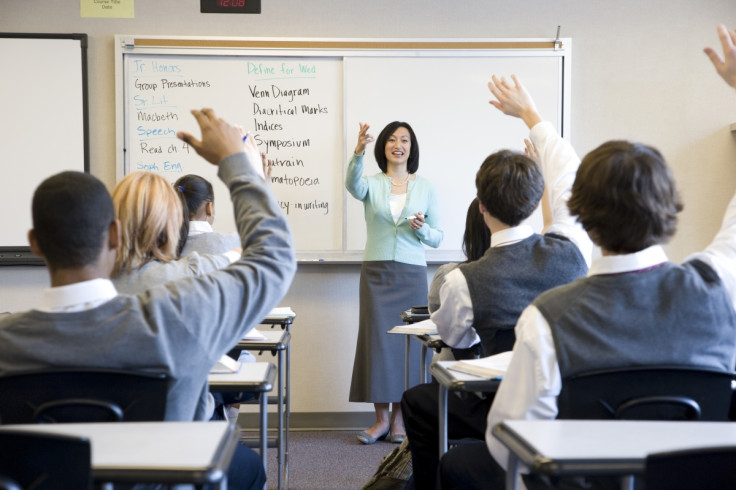Poor white British children fall behind ethnic groups

In the past five years, the condition of white British students has remained unchanged, as they have fallen further behind other ethnic groups at school. Such a situation could hamper their prospects of a better career in future.
According to a review undertaken by the Equality and Human Rights Commission (EHRC), "Poor White boys in particular suffer a combination of disadvantages. Being poor now has a far more negative impact on the education of White children than it does for any other ethnic group."
"Poor White boys suffer higher rates of exclusion from school and achieve the lowest academic results – making them less likely to enter higher education and therefore more likely to end up in lower-paid, insecure jobs. Men aged 45-49 now suffer the highest rates of suicide – a figure which has increased significantly over the last five years," the five-year review of equality in England, Scotland and Wales, titled: Is Britain Fairer? stated.
However, the report claimed that life had improved incredibly for some ethnic groups. "The Pakistani and Bangladeshi group saw some of the greatest improvements of any group across educational attainment, health, employment and levels of poverty, although these improvements tended to be from a much lower starting point, and they still do not fare as well as White people across these areas of life. Chinese and Indian students have continued to perform better than all other ethnicities at school and, overall, a higher proportion of ethnic minority pupils go on to higher education than White pupils."
Post-recession and until 2013, people under the age of 34 have experienced steep falls in income and "despite recent improvements they have yet to recover to pre-recession levels", the commission said.
EHRC Commissioner, Laura Carstensen was of the view that although it was great to see barriers being lowered -- over the last five years -- for some people, during the same period the barriers have been raised higher for younger people in particular. "Theirs are the shoulders on which the country will rely to provide for a rapidly ageing population, yet they have the worst economic prospects for several generations," she said.
She also hailed the prime minister's commitment to tackle inequality, "We need as a society to identify the most effective and efficient way of targeting our efforts to achieve the best possible results."
Meanwhile, comparing genders, the review found that girls performed better than boys in schools and universities. Evidence highlights that despite improving educational performance for girls and women -- who now outperform boys and men at school and in degree-level qualifications -- the gender pay gap remains stubborn, and widens the older women get."
Speaking about inequality, Carstensen stressed: "While we have made important progress in many areas – and it is important to note and celebrate this - the gateways to opportunity that the Commission identified five years ago remain harder to pass through for some groups such as disabled people, those from poorer backgrounds and women over a certain age."
© Copyright IBTimes 2025. All rights reserved.






















